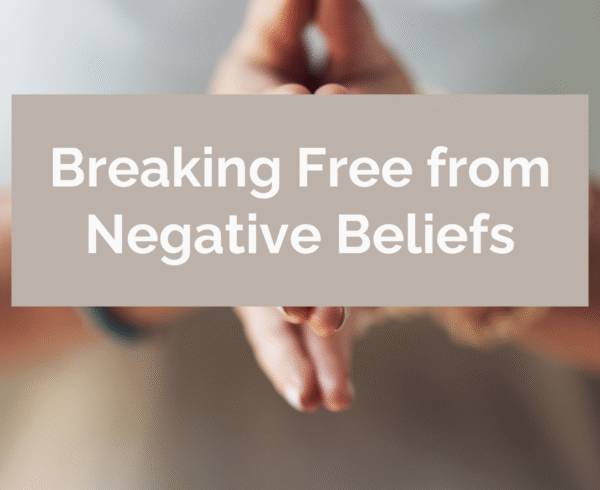“I can’t be too easy on myself, I’ll get lazy.” “If I’m not hard on myself, I won’t achieve anything.” “Self-compassion is just making excuses.” These are some of the most common concerns I hear when I suggest clients try treating themselves with more kindness. There’s a widespread belief that self-criticism is motivating, and that self-compassion will lead to complacency, lowered standards, or self-indulgence. But the research tells us a very different story.
What self-compassion actually is
Self-compassion, as defined by researcher Kristin Neff, involves three core components: treating yourself with kindness during difficult times (rather than harsh self-judgment), recognising that struggle and failure are part of the shared human experience (rather than feeling isolated in your pain), and maintaining mindful awareness of your emotions without getting overwhelmed by them. It’s not about lowering your standards or making excuses, it’s about responding to your own suffering the way you would respond to a good friend going through the same situation.
The motivation myth
Many people believe that self-criticism is what drives them to succeed, but research consistently shows the opposite. Studies have found that self-compassionate people are actually more motivated to improve after setbacks, more likely to persist in the face of challenges, and better able to learn from their mistakes. Why? Because self-compassion creates psychological safety. When we know we won’t be brutally attacked by our own inner voice for failing, we’re more willing to take risks, try new things, and bounce back from disappointments faster and more effectively.
Self-criticism, on the other hand, activates our threat detection system. When we’re constantly under attack, even from ourselves, our nervous system goes into defensive mode. This makes it harder to think clearly, learn effectively, or perform at our best. It’s like trying to drive with one foot on the gas and one foot on the brake.
The performance connection
Research in sports psychology has shown that athletes who practice self-compassion actually perform better under pressure than those who rely on self-criticism. They’re more resilient after poor performances, more likely to take responsibility for mistakes without being paralysed by them, and better able to maintain focus during high-stakes situations. The same principles apply outside of sports, whether you’re giving a presentation at work, parenting through a difficult phase, or working toward any personal goal.
What Self-compassion is NOT
Self-compassion isn’t about telling yourself that everything you do is perfect, avoiding responsibility, or giving up on growth. It’s not about lowering your standards or becoming complacent. Instead, it’s about creating the internal conditions that actually support sustainable motivation, learning, and improvement. It’s the difference between a harsh, punitive coach who motivates through fear and shame, and a skilled coach who challenges you while maintaining belief in your potential.
When we treat ourselves with compassion, we’re more likely to acknowledge our mistakes honestly (because we don’t have to brace for an internal attack), learn from them effectively, and maintain the emotional resilience needed for long-term success. Self-compassion isn’t the enemy of achievement, it’s often what makes real, sustainable achievement possible.
Written by Psychologist Eleanor
0











Leave a Comment